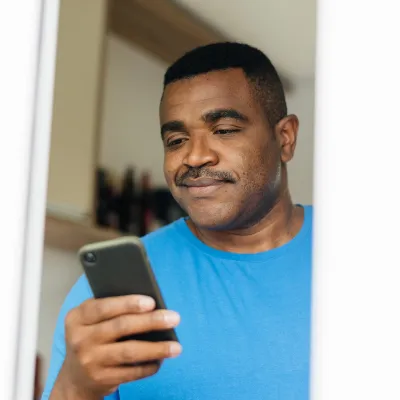- AdventHealth

Choose the health content that’s right for you, and get it delivered right in your inbox.
Whether you’re curled up with a good book or enjoying a nice walk, your heart works hard for you — a healthy one beats 100,000 times and pumps about 2,000 gallons of blood through your body daily, according to the American Heart Association. To help you stay healthy so you can continue living to the fullest, we’re working hard for your heart, too.
Heart Surgery Can Heal
If you’re among the roughly 18 million American adults with coronary artery disease, or another form of heart disease, surgery may be a necessary step toward healing your heart. Our world-class team of cardiology surgeons perform many life-saving heart surgeries every year, such as:
-
Cardiac ablation to correct heart rhythm problems by removing tissue causing the abnormal rhythm
-
Cardioversion to restore the heart’s regular rhythm using medicine or electrical therapy
-
Heart transplants
-
Implanted pacemakers to help control abnormal heart rhythms
-
Portico transcatheter aortic heart valve replacement procedure to reduce the need for a permanent pacemaker with less risk of complications
-
Stenting to open narrowed arteries
-
Transcatheter aortic valve replacement (TAVR) minimally invasive procedure to repair a damaged valve
Our team of cardiologists and surgeons employ leading-edge services and the latest technology possible to treat heart disorders, using less-invasive heart surgery techniques when able. While our level of care remains constant, the way our medical teams and facilities are treating your heart condition has changed to keep you safe.
New Safety Measures at Your Heart Care Appointments
When you come into the cardiology office or hospital for surgery or presurgery appointments, you may notice some new hospital protocols to keep you safe. Here’s what you can expect.
Separate care areas to help keep you safe — If your heart procedure requires a hospital stay, find comfort knowing that your care will be delivered separately and apart from a unit treating patients with coronavirus.
Masks for all — All of our team members, patients and visitors will wear a mask when in our facilities.
Social distancing throughout the facility — You may notice we have redesigned our cardiology and other waiting rooms to help you better practice social distancing. You will see covers on seats that say: “Thank you for leaving this seat empty. We’re social distancing to keep you safe.” You will also see stickers on the floor that say: “Here’s your spot. Thank you for social distancing” to help you stand 6 feet away from other patients when you’re waiting in line.
When you come inside, you may notice barriers like screens at registration desks. We are also limiting the number of people in each facility at all times.
Virtual Visits With Your Cardiologist
To help better manage your heart health between office and hospital appointments, it’s important to stay in touch with your physician. You can easily talk with your physician virtually about the care you need. You may even be able to schedule a video visit to discuss your upcoming procedure or concerns. Your cardiologist may also advise you on follow-up care after surgery.
In addition to telemedicine, video visits and in-office appointments, many of our physicians offer online appointment scheduling, extended hours and same-day appointments for your convenience.
Know Heart Attack Symptoms
For anyone — and especially those with a heart condition — it’s important to know the symptoms of a heart attack. Immediately call 911 if you or a loved one experience symptoms of a heart attack, including:
-
Chest pain or discomfort
-
Feeling weak, light-headed or faint
-
Pain or discomfort in one or both arms or shoulders
-
Pain or discomfort in your jaw, neck or back
-
Shortness of breath
Other symptoms of a heart attack could include tiredness, nausea or vomiting. Women are more likely to have these symptoms. A heart attack is a medical emergency. Seek help immediately by calling 911. Know that our ER teams are also taking every precaution to protect you while delivering life-saving care.
Whole Health Care That Keeps You Safe
If you need heart surgery, trust that we take your health and safety seriously. Learn more about our expert Heart and Vascular Care.



